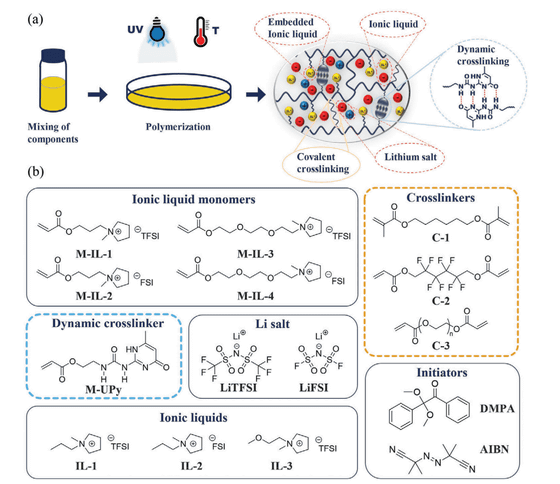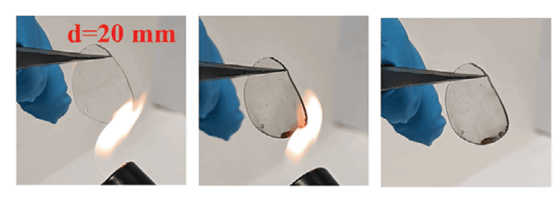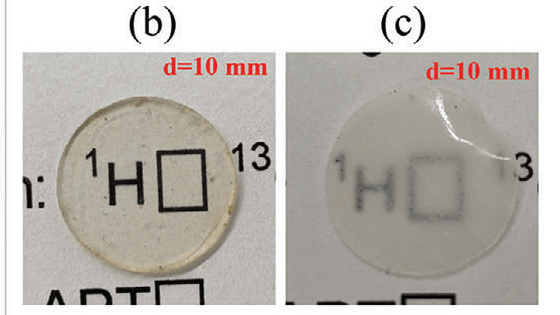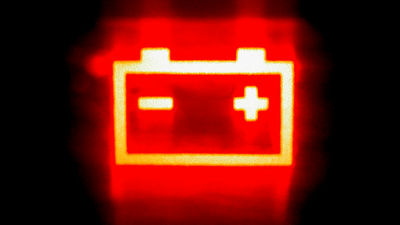A gel electrolyte has been developed that prevents lithium-ion batteries from leaking or catching fire and extends their lifespan

A research team at
Designing Conductive Pyrrolidinium‐Based Dual Network Gel Electrolytes: Tailoring Performance with Dynamic and Covalent Crosslinking - Katcharava - Advanced Functional Materials - Wiley Online Library
https://onlinelibrary.wiley.com/doi/10.1002/adfm.202403487
Chemists create gel to prevent leaks and boost lithium-ion battery life
https://phys.org/news/2024-09-chemists-gel-leaks-boost-lithium.html
The research team says that although rechargeable batteries using gel electrolytes have existed in the past, there has been little research into combining them with lithium-ion batteries.
The electrolyte developed by the research team is a new gel electrolyte that combines the advantages of conventional liquid and solid electrolytes. The gel is based on a polymer that uses pyrrolidinium salt and has a cross-linked structure through covalent bonds and a dynamic cross-linked structure through hydrogen bonds.

In addition, the electrolyte provides high electrical conductivity of 2 to 7 x 10 -4 S/m or more at 25°C, and the material also has heat resistance that enables it to withstand temperatures of 200°C or more.
The material is electrochemically stable and can withstand voltages of 5V or more. It is also non-flammable, meaning it will not ignite even when exposed to fire. The research team claims that this property greatly contributes to improving the safety of lithium-ion batteries.

In addition, the recyclability of the battery is greatly improved, as the original performance can be restored by simply heating at 70 °C for four hours. The team also speculates that if the gel is properly manufactured and the cross-linked structure is properly maintained, it will have a high degree of transparency. Therefore, the transparency of the gel can be used as an important indicator of the gel's homogeneity and complete incorporation of the components.

'In conventional lithium-ion batteries, the liquid electrolyte forms a stabilizing layer on the electrodes during the first charge, which is crucial for the battery's performance and service life,' said Anya Marinow, a chemist at MLU and part of the research team. 'But for the gel electrolyte, we needed a fundamentally new design, which is why we incorporated an ionic backbone into the polymer chain.'
'Lithium-ion batteries can be charged faster than conventional rechargeable batteries, making them suitable for use in almost every aspect of our lives. However, the problem is that the electrolyte that carries the current is flammable, and damage to the battery could lead to fire or explosion. However, this gel electrolyte has just the right viscosity and combines the high conductivity of a liquid with the thermal stability and robustness of a polymer,' said Professor Wolfgang Binder, head of the Polymer Chemistry Research Group at MLU.
Related Posts:
in Science, Posted by log1i_yk







